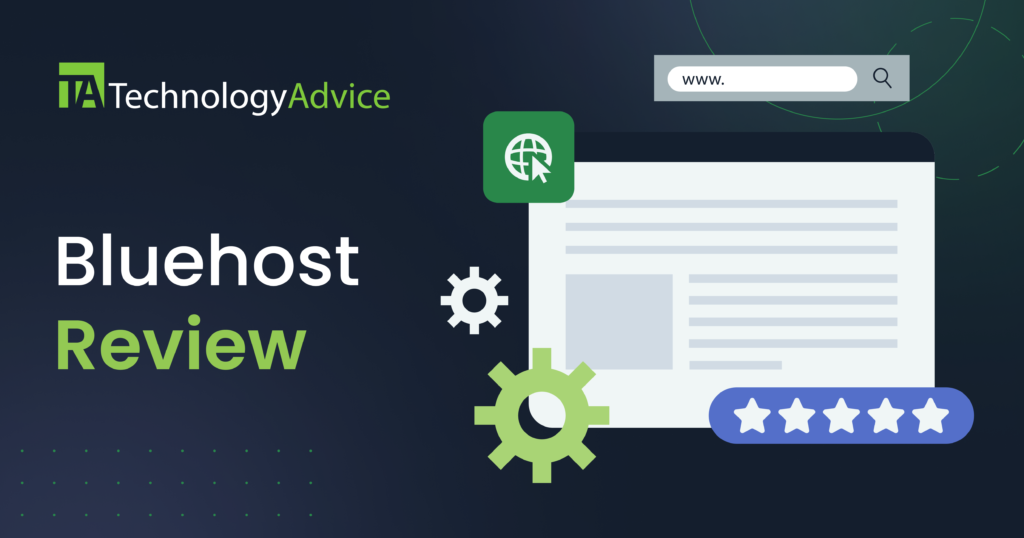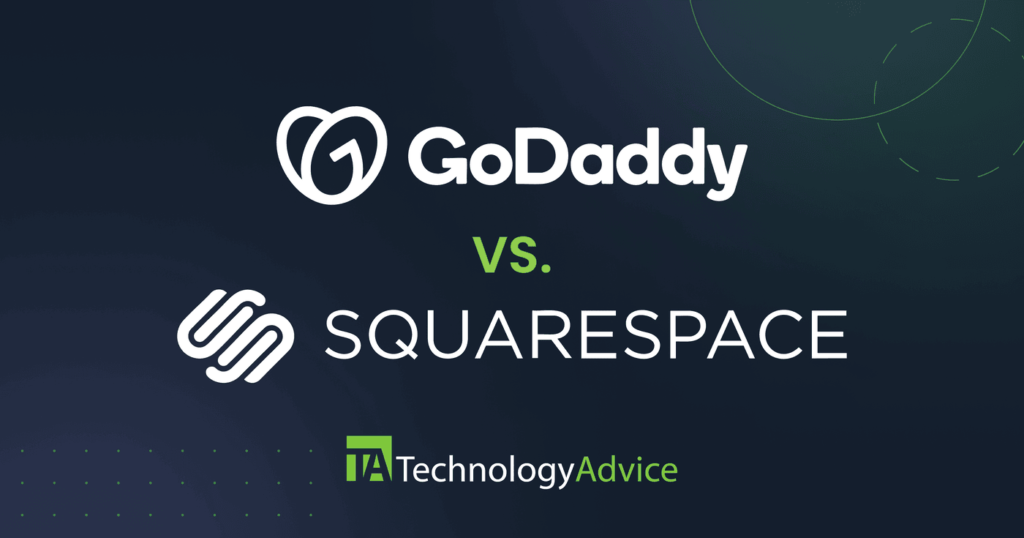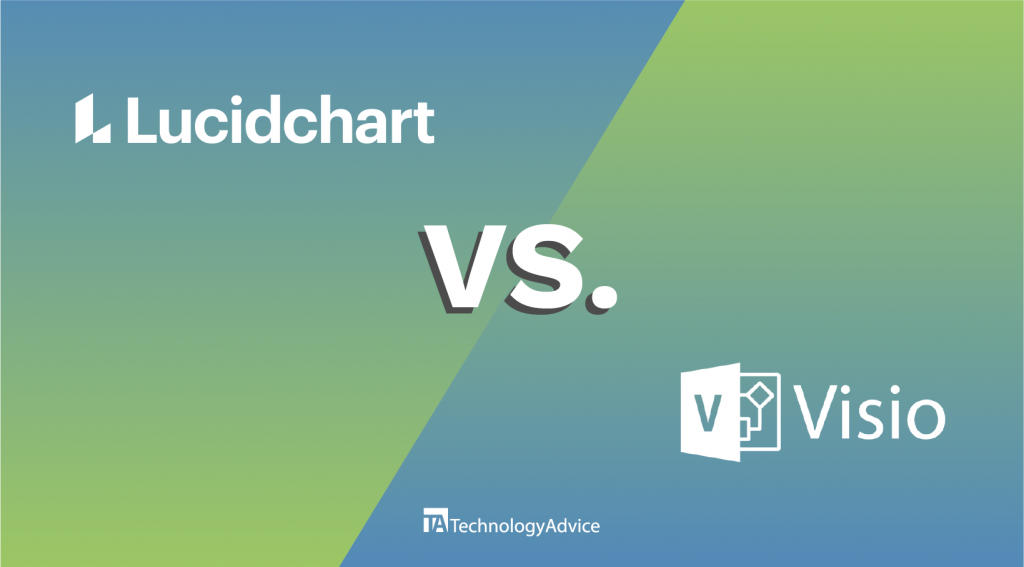Box vs Dropbox: An overview
Before we get into specific features, let’s take a look at Box vs Dropbox from a 10,000-foot view. Box, Inc. has lost nearly half it of its value after a 2018 high of nearly $4 billion. It’s currently valued at $2.4 billion. Their user base includes 8 million users at 95,000 companies and 70 percent of the Fortune 500. Dropbox went public in Q2 2018, and is worth $8.5 billion as of November 2019. Its current user base includes over 600 million registered users. Both vendors offer multiple plans for business and personal accounts. But it’s important to note how Box and Dropbox uniquely position themselves in the market. It wouldn’t make much sense if they offered the same product, targeted toward the same customer, for different prices — which is why they don’t. While Box does offer two personal storage plans, their product is first and foremost an enterprise solution. Consequently, its features and user experience are tailored to the needs of CIOs and IT departments:Dropbox, on the other hand, began as a consumer-facing product and gradually made its way into the workplace as a form of consumerized IT. In other words: people liked Dropbox; people used Dropbox at work; workplaces saw the benefits of Dropbox; workplaces adopted Dropbox as a business solution.“We’re a 100 percent enterprise-focused company. All the technology we’re building goes toward asking how do we make it easier, or more scalable, or simpler, and just a better way for businesses to share and manage and access this data.” — Aaron Levie, Box CEO
These different approaches to file management pose unique challenges to each vendor. For Box, that might mean improving the user experience on an individual level, making their platform easier to use and easier to administrate. For Dropbox, it might mean providing deeper administrative control. Let’s take a closer look.“We’re solving really important problems for a big chunk of the world, not just Silicon Valley. Our users are trapeze artists, high school football coaches . . . physicists who collaborate across the world.” — Drew Houston, Dropbox CEO
Platforms and pricing
The first thing you’ll need to consider is the core product: how much does it cost, and what are you getting for the money? Box offers four pricing tiers for businesses. Their Starter package, aimed at 3-10 person teams, provides 100 GB of storage. The Business tier — for medium-sized teams with more advanced needs — provides unlimited storage, the Business Plus tier gives teams advanced administration and controls, and the Enterprise tier adds some advanced features like HIPAA compliance, unlimited software integrations, and document watermarking. [get-pricing category=”Cloud Storage” cta=”Get Pricing” width=”200px” url=”box-reviews”][/get-pricing] Dropbox offers three plans for businesses with 5 users and up: Dropbox for Business at the Standard, Advanced, and Enterprise. The Standard plan includes most business capabilities and 3TB of storage. Users who want more granular administration, IT, and domain controls should upgrade to a higher plan. [get-pricing category=”Cloud Storage” cta=”Get Pricing” width=”200px” url=”dropbox-reviews”][/get-pricing]Security and administrative control
Box provides a full suite of advanced security features, from file encryption to custom data retention rules and enterprise mobility management (EMM). Administrators can decide which users are granted access to files and folders and create user groups for easier assignment. There are seven levels of access control, which address access, preview, editing, and sharing. Files themselves are protected by TLS and multi-layered encryption, file versioning, and expiration controls, as well as custom content security policies. Users can also apply passwords to confidential files as needed. Features:- SSL and At Rest Encryption
- File locking
- Two-factor authentication
- Single sign-on via SAML 2.0 and ADFS 2
- AD/LDAP account management
- Secure sharing
- Auto-expiration
- Data residency in Box Zones
- Granular permissions
- Data retention rules
- Mobile security controls
- Account and user management
- Access stats and reporting
- Dropbox includes standard security for a public cloud server — more than enough for the average business to protect their sensitive data. With Dropbox for Business, you’ll get 256-bit AES encryption (same as Box), group management and sharing restrictions, and the ability to remotely wipe data in the case of a compromised account or hostile termination.
- 256-bit AES and SSL encryption
- Sharing controls
- User and team activity tracking (logins, devices, sharing)
- Active directory and single sign-on integrations
- Remote data wiping
- User management
- Team usage stats
- File recovery
Collaboration
Collaboration is one of the biggest selling points of cloud storage for a business, so it’s important to consider how a given solution will help your team work together. Both vendors offer collaboration tools that extend beyond basic file sharing. Box and Dropbox perform well in this category. First, they both offer flexible sharing options including link sharing, invite-only sharing, and external sharing. Second, they both enable teams to collaborate in real time using team or group folders. Users can comment on files, work directly from Outlook, and access their storage account through native mobile apps for most devices. Not only that, but both vendors have built-in file recovery and versioning to keep users from losing their work. Both platforms integrate with Office 365, DocuSign, and other content apps.Project and task management
Obviously, neither of these products are designed to be a fully-fledged project management solution. But they can support existing project strategies by helping your teams manage work in an orderly, repeatable fashion — especially files and documents directly related to the project, such as RFPs, budgets, Gantt charts, media assets, and so forth. Dropbox recently released a collaboration and project management tool, Paper, to help teams come together around projects. Paper includes features like calendars, check lists, approval lists, messaging, notifications, and more. It’s a free product that comes with any Dropbox account. With Box, you can create workflow automation rules to manage files based on preset conditions. You can also use Box Relay, an automated process tool that helps companies manage highly-manual and repeatable approvals processes for onboarding, training, and more.
With Box, you can create workflow automation rules to manage files based on preset conditions. You can also use Box Relay, an automated process tool that helps companies manage highly-manual and repeatable approvals processes for onboarding, training, and more.
 Neither Dropbox or Box provides a sophisticated task management solution that could replace a feature-rich project management or help desk tool like Jira. But the task management tools cover the types of repeatable and document-heavy projects that marketing, sales, and HR teams might manage.
Neither Dropbox or Box provides a sophisticated task management solution that could replace a feature-rich project management or help desk tool like Jira. But the task management tools cover the types of repeatable and document-heavy projects that marketing, sales, and HR teams might manage.





